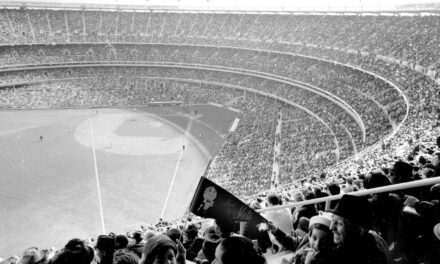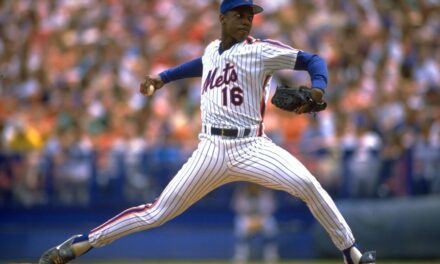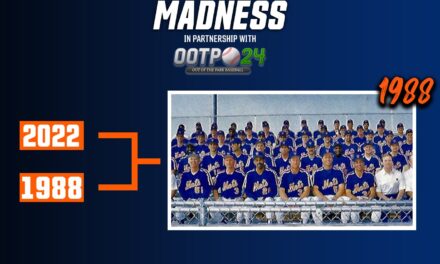
Whether good or bad, you always knew Al Leiter‘s feelings in real-time. He wore emotions on his sleeve — and just about anywhere else he could. Leiter would’ve made a terrible poker player, but he was a terrific left-hander for the Mets with an infectious passion that the team fed off of during the late 1990s and early 2000s.
At age 32, Leiter had been part of two World Series winners and started the seventh game of the previous year’s Fall Classic as a member of the Florida Marlins. But in the wake of their title, the Marlins underwent a fire sale. The Mets took full advantage of the sell-off — picking up Leiter and another minor leaguer while giving up Rob Stratton, A.J. Burnett, and Jesus Sanchez. (They also later traded for Mike Piazza, who the Marlins acquired as a piece in return in their fire sale, in-season.)
The move paid immediate dividends for the Mets. Although New York barely missed the postseason, Leiter had one of his best years (finishing sixth in the Cy Young Award voting) in spite of the offense-friendly era he pitched in.
During a year when home runs were flying out at a record pace, Leiter gave up just eight. When the median ERA of all major-league pitchers was a hefty 4.42, Leiter’s was a robust 2.47. And in a season in which the collective league-wide batting average was .266, Leiter held opposing hitters to .216. He also led all Mets in victories with 17 while losing just six and walked 71 batters two years after he led the NL with 119 free passes.
Those successes were harder to come by in 1999 as Leiter had his roughest season to date, but it contained his best career performance — a five-hit complete game against the Cincinnati Reds to take the one-game Wild Card playoff and propel the Mets into the Division Series. Leiter had several strong outings during New York’s postseason runs in ’99 and 2000, but no more wins to show for it. Perhaps his best display of determination came in defeat when after throwing more than 130 pitches, two Yankee ninth-inning runs broke a 2–2 tie and spoiled an attempt to prolong the 2000 World Series.
Without context, the numbers Leiter accumulated over seven seasons don’t measure up to the other great starting pitchers. But they are very impressive when considering when it occurred. It’s difficult to judge him against those who were afforded the luxury of pitching in less hitter-friendly eras. A few advanced statistical measures, though, make it clearer.
Leiter’s overall Mets ERA is not among the top 10 in franchise history, but his 124 ERA+ is. His pitching WAR of 28.0 is fifth among all Met arms. As for adjusted pitching runs, used to measure the number of runs prevented from scoring compared to the league’s average pitcher in a neutral park, Leiter is fourth — trailing only Tom Seaver, Jacob deGrom, and Dwight Gooden.















